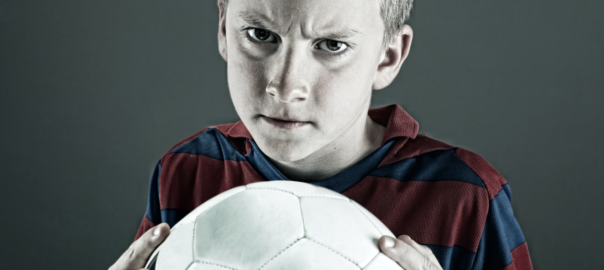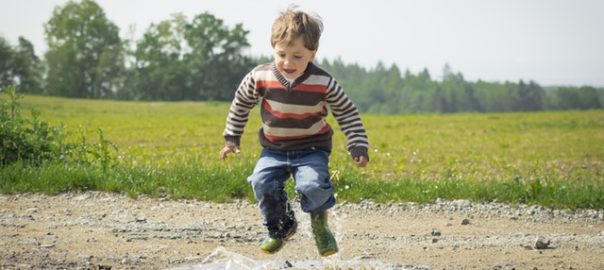
Q. I’m utterly overwhelmed. I’m resentful of those who have support from a partner and grandparents and guilty for feeling resentful. Frustrated that there’s no end in sight. Exhausted, emotionally and physically. Sad. I miss my family and friends. Lonely. 3 kids 1, 4 and 8 entirely on my own. Working 60 hours a week. Trying to be grateful I’m employed but there is no balance possible when you have 3 kids in tow. I don’t bathe or sleep without them and if I try, they scream or immediately ‘need’ me for something which is their anxiety showing up. It’s endless. How do I stay sane?
A. We’re on year three of a global pandemic and all of us, especially parents with young unvaccinated children or families with unpredictable child education schedules due to positive COVID cases, are still very much in the throes of it. If we thought we were exhausted in May, 2020, it’s certainly not gotten better for a lot of people. Maybe we’ve become more accustomed to our reality, but emotional stress among our hardworking families
















